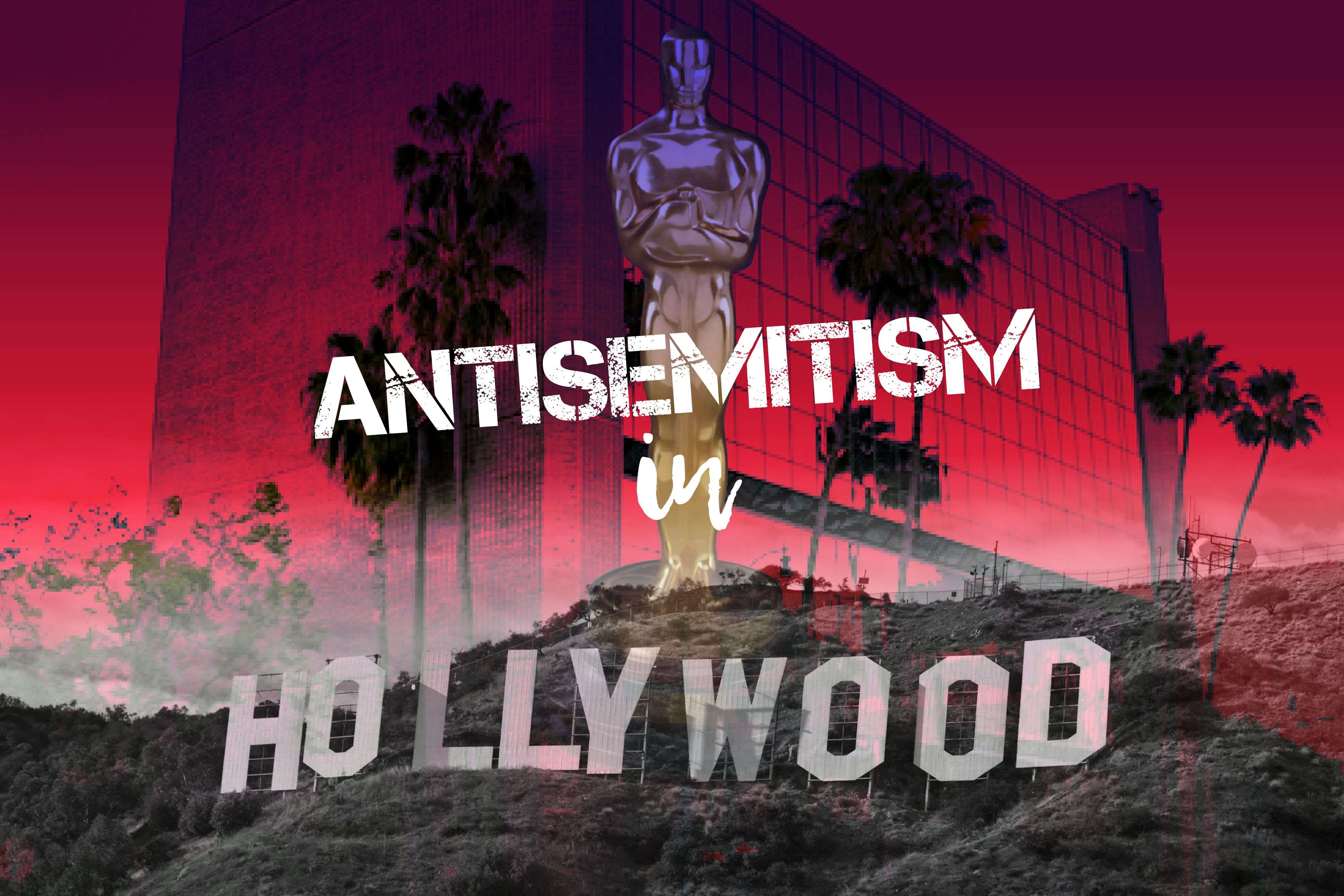
-
HOME
-
WHAT IS STANDOur Mission Our Values Our Help Contact
-
WHAT WE FIGHT FORReligious Freedom Religious Literacy Equality & Human Rights Inclusion & Respect Free Speech Responsible Journalism Corporate Accountability
-
RESOURCESExpert Studies Landmark Decisions White Papers FAQs David Miscavige Religious Freedom Resource Center Freedom of Religion & Human Rights Topic Index Priest-Penitent Privilege Islamophobia
-
HATE MONITORBiased Media Propagandists Hatemongers False Experts Hate Monitor Blog
-
NEWSROOMNews Media Watch Videos Blog
-
TAKE ACTIONCombat Hate & Discrimination Champion Freedom of Religion Demand Accountability
Jewish Celebrities Accuse Film Academy of Antisemitism
At a time when antisemitic incidents in the U.S. are skyrocketing, 260 individuals in the entertainment industry—including some of the most prominent figures in show business—have put their names to a letter accusing the Academy of Motion Picture Arts and Sciences of antisemitism for its exclusion of Jews as an underrepresented group.

The letter refers to the Academy’s Representation and Inclusion Standards, which identifies “underrepresented groups,” including racial and ethnic minorities, physically challenged people, women and the LGBTQ+ community.
“An inclusion effort that excludes Jews is both steeped in and misunderstands antisemitism.”
Signed by Amy Schumer, David Schwimmer, Debra Messing, Jason Alexander, Julianna Margulies and Mayim Bialik, among others, the letter reads: “An inclusion effort that excludes Jews is both steeped in and misunderstands antisemitism. … Jewish people being excluded from the Motion Picture Academy’s Representation and Inclusion Standards is discriminating against a protected class by invalidating their historic and genetic identity.”
Alluding to a history of anti-Jewish discrimination in Hollywood, the letter continues, “While there have always been Jews working in the industry, the industry has only accommodated a certain type of Jew: the toned-down Jew.” To make the point, the letter notes a long pattern of unbalanced and inaccurate representation of Jews in movie plot lines and characterizations, from 1927’s The Jazz Singer, which depicts a Jewish entertainer trying to break away from his religion, to 2022’s Everything Everywhere All At Once wherein the Jewish character’s name was “Big Nose” in the theatrical release credits.
“Many of [the Jewish Hollywood] founders had internalized shame and self-loathing, which meant that Jews in Hollywood often changed their names and told stories about Jews with caricatures, tropes, appropriation and self-erasure,” the letter states. “There are very few films about Jews, aside from ones about the Holocaust.”
The practice of changing a Jewish name was the norm during Hollywood’s Golden Age from the 1920s to the early 1950s and persists to some degree to this day. Examples include: Nathan Birnbaum, Emanuel Goldenberg, Issue Danielovitch Demsky, Betty Perske, Jacob Cohen, Bernard Schwartz, Winona Horowitz and Natalie Hershlag, better known as: George Burns, Edward G. Robinson, Kirk Douglas, Lauren Bacall, Rodney Dangerfield, Tony Curtis, Winona Ryder and Natalie Portman, respectively.
Asking “the Motion Picture Academy leadership to do its part in advancing a just cause that has been ignored for too long,” the letter concludes with a plea to make film production—from writing to casting to shooting—“a space of accommodation, inclusion and authenticity.”






